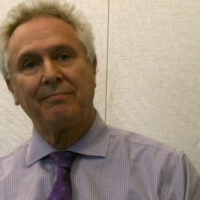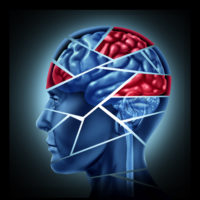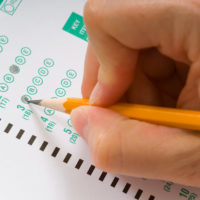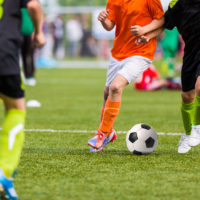Archive
Brain Injury Diagnosis & Treatment
How are traumatic brain injuries diagnosed, and what treatment is recommended for concussions and other brain injuries?
Comprehensive Care of Concussions
Dr. Richard Delmonico, a neuropsychologist, outlines the approaches to triage and treatment in a concussion clinic in the Northern California Kaiser Permanente health system. He also discusses the uses of neuropsychological testing to help with diagnosis and management of people with concussions and other brain injuries.
Concussions in College Athletes
Dr. Melita Moore, a physiatrist, sports medicine doctor, and brain injury medicine physician reports about her experiences when she served as the physician for University of California Davis sports teams. She discusses collision sports such as football and soccer that have a high incidence of concussion, but also other sports…
Managing Concussion-Related Pain
Dr. Steven Moskowitz is a physiatrist specializing in pain management. He discusses the various painful conditions, including neck pain and headaches, that occur at high frequency after concussion and related trauma. He advocates for a biopsychosocial approach to the evaluation and treatment of these conditions.
The Post-Concussion Syndrome
Physiatrist Dr. Mel Glenn discusses the evaluation of the many symptoms that are part of a chronic condition called post-concussion syndrome or disorder that occurs in some patients after a concussion. He offers advice on the treatment of headaches, sleep disturbances, and other conditions.
Concussions in Young Children
Dr. Maya Evans is a pediatric physiatrist who treats children and adolescents with brain injuries, including concussions. She discusses the special needs of these populations for expert care and also advocates for prevention strategies.
Concussion in Young Children: What You Need to Know
An early childhood teacher talks with Dr. Sandel about about concussion in young children. What causes it? What do we need to look for? And how can we help during the recovery process?
Brain Injury Research — Still Lacking in the 21st Century
There are many unanswered research questions about concussion diagnosis, pathophysiology, risk factors, and effective treatments. About 50 are included here to emphasize the fact that we still need a lot more research in brain injury medicine for advances in diagnosis and treatment.
What’s It Like to Have a Brain Injury?
Stories of people who experience a traumatic brain injury can help to support and educate others. Seth had a protracted recovery, but ultimately a good one. (2 parts)
What Effect Does Concussion Have on Learning?
Stories of athletes like Brittany who experience concussions or more severe brain injuries can help to educate others. She did get back on track.
A Parent’s Key Role after a Child’s Concussion
Parents play a major role in identifying the effects of concussions in their daughters and sons, helping them manage symptoms, and supporting their recovery.
Be a Parent Advocate for Children and Youth Sports Concussions
Parents must communicate with the school after their son or daughter has a concussion to make sure that there are accommodations if needed during recovery.
Healing through Art & Science
Kaiser Foundation Rehabilitation Center, Kaiser Permanente’s regional rehabilitation inpatient and outpatient hospital in Vallejo, California celebrates its art program. The producers interview Dr. Sandel, a former Medical Director, and others at the Center about their work with patients using art as a medium of expression.
Keep up to date
Get updates on the latest in concussion, brain health, and science-related tools from Dr. Elizabeth Sandel, M.D.
By clicking SIGN UP, you agree to receive emails from Dr. Sandel and agree to our terms of use and privacy policy.










